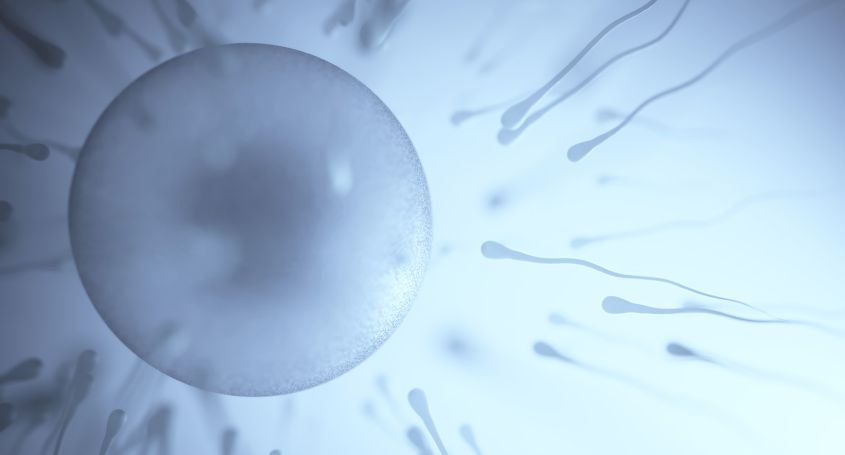One of the challenges of assisted reproduction is to find a way to respect the body's natural process as much as possible, although this is often not possible because it is not possible to conceive naturally. Therefore many questions arise about the compatibility of natural fertility and IVF (in vitro fertilization) treatments. Here are some frequently asked questions.
Is there such a thing as natural IVF?
No, in vitro fertilization is not a natural process, as people who use it cannot achieve a pregnancy naturally. However, natural cycle IVF does exist.
What is IVF in a natural cycle?
Natural cycle IVF is a fertility treatment in which no hormones are used for ovarian stimulation and the egg is obtained following the natural menstrual cycle. With this type of IVF, we can avoid the side effects of medication, such as ovarian hyperstimulation syndrome (OHSS).
It is important to note that there are couples with infertility who will not be able to use natural cycle IVF because they already have problems with their own menstrual cycle. In the case of female couples, the chances of being able to perform this type of IVF increase because, if one has alterations in the menstrual cycle or ovarian function, we can perform the procedures on the other woman.
Advantages and disadvantages of natural cycle IVF?
The main advantages are:
- It respects the body's own natural process.
- Patient comfort due to the absence of daily injections.
- Reduces the risk of complications and side-effects of the medication
- Lower cost
The disadvantages of this technique are:
- Requires proper ovarian function and regularity in menstrual cycles
- Less flexibility to attend for check-ups and schedule embryo transfer
- Increased risk of cancellation of the transfer due to early ovulation















